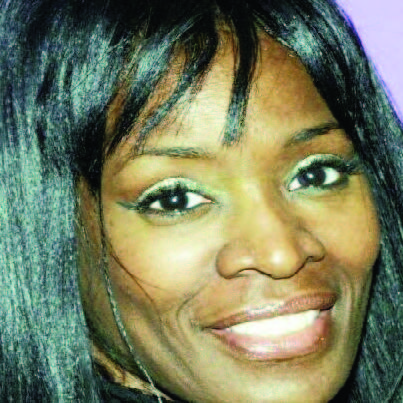Former first lady Rosalynn Carter said, “There are only four kinds of people in the world: those who have been caregivers, those who are currently caregivers, those who will be caregivers, and those who will need caregivers.”
Just as the un-forecast storm of COVID-19 blistered through America last winter, the demands placed on family caregivers are having a snowball effect. Yet, there is no mask that can shield caregivers from frustration; no hand sanitizer that can prevent the spread of exhaustion; and no vaccine that can guarantee caregivers won’t have sleepless nights.
According to AARP, there are over 53 million family caregivers in America. This is an increase of 9.5 million from 2015 to 2020.
Depending on the need of the loved one, family caregivers must take on the multi-complex roles of being make- shift doctors, pharmacists, dieticians, nutritionists, lawyers, chaplains, and pain management specialists. This may be in addition to having their own health issues, balancing full-time jobs, rearing children, or going to school.
Caregivers are chauffeuring, running errands, and trying to manage their loved one’s financial obligations. They are making phone calls only to be placed on hold for hours, given wrong phone numbers, or scammed.
Caregivers are deciding on “NDRs” and long-term care facilities. They are obtaining power of attorney, facilitating long-distance care, and experimenting with aromatherapy for sun downing.
Little children are helping their grandparents who don’t remember their names. Teens are late to school because they must feed and bathe their parents.
Military spouses are committed to “in sickness and in health” after their loved one is 100-percent medically discharged. Frail seniors are struggling to help each other out of their wheelchairs.
Caregiver is complicated.
Caregiver is emotional.
Caregiver is multifaceted.
Skilled or not, voluntary or not, paid or not, being a family caregiver can be rewarding but overwhelming. It can be fun but frustrating.
Whether you are, will be, or will need a caregiver, it is important to know you are not alone. There are websites, podcasts, blogs, social media, community, church groups and other caregiver resources to help you.

Keisha L. Jackson is a retired Air Force veteran. After 22 years of honorable service, she signed on to write for a women’s magazine. Shortly thereafter, her mother was diagnosed with stage four inoperable lung cancer. Keisha resigned to become her primary caregiver. Six months after her mother passed, one of her brothers fell, causing internal bleeding and broken ribs. After becoming his primary caregiver, Keisha started networking and learning about caregiving resources available and is partnering with on-line and in-person caregiver communities to encourage, educate, and empower other caregivers.






